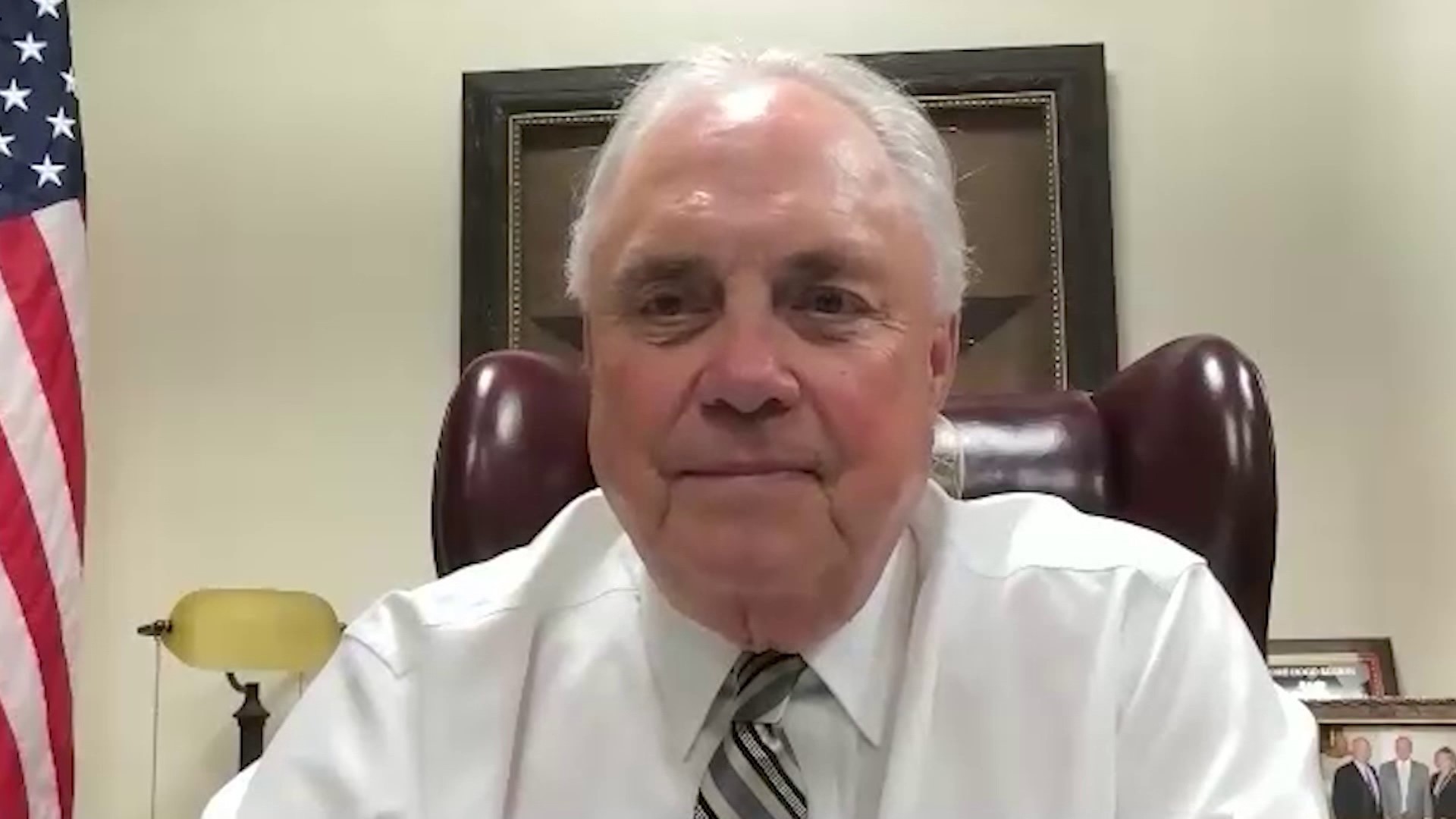AUSTIN, Texas — After one regular legislative session, and three special sessions, the Texas House appears to be no closer to passing a school voucher program.
State Rep. Drew Darby says Republicans are still well short of the votes needed.
And the San Angelo Republican says “school choice” already exists in our state right now.
“They have successfully tried to market this as school choice. Who would be against school choice? It’s a nomenclature that everybody can support. Everybody supports the ability of parents to decide where their kids go to school. But the reality is, we have that choice now,” Darby told us on Inside Texas Politics.
In San Angelo, for example, Darby says students can attend public schools, private schools, a parochial school, a charter school and they have a large home school community.
“That is choice. You can do all of that in communities like San Angelo,” he said.
The Republican says, instead, this is about the flow of dollars and whether they should be diverted into private or parochial schools.
But he also tells us there is a large number of members – Republican and Democrat alike – who want to see public schools fully funded.
They argue the state has never properly funded public education and in fact, took billions away during a budget crunch 12 years ago without ever restoring those dollars.
And Darby and other school leaders say Texas ranks 43rd in the country in per pupil spending, one of many things he finds objectionable in the school voucher debate.
“I also find objectionable any talk of taking public dollars out of public schools and supporting private or parochial schools that don’t have the same accountability, don’t have the same testing, don’t have the same transparency and, quite frankly, don’t have open enrollment policies,” said the Republican.
Darby says there is a threshold where reluctant Republicans and Democrats might consider school vouchers. First and foremost, only after school funding is increased.
After that, he says they might consider a limited program with certain provisions, such as an evaluation process, testing requirements and open enrollment policies.
Some of those details can be found in HB 1, which was introduced recently in the lower chamber, and offers a limited voucher program in exchange for more school funding.
HB 1 would provide parents with 75% of the average amount each school receives per student, which under this bill would increase by a miniscule amount to $6,190.
In the first year of the program, only 25,000 Texas students would be eligible. That number would increase by 25,000 every year until 2027, when that cap goes away. It would also provide educators with a one-time $4,000 bonus.
But HB 1 is currently stalled because the Governor’s call for a third special session didn’t include school funding or teacher raises, only school vouchers. The Texas Constitution says lawmakers can only pass bills that are on a special session agenda.
Darby says he considers the primary obligation of the Legislature to be funding an efficient and free public school system. And he tells us he won’t consider taking money away from that unless certain conditions are met.
“All of those things that public schools have to deal with on a daily basis. If those same type of requirements are incumbent upon private or parochial schools, then maybe, you know maybe we can engage in discussion at that point,” said the lawmaker.

